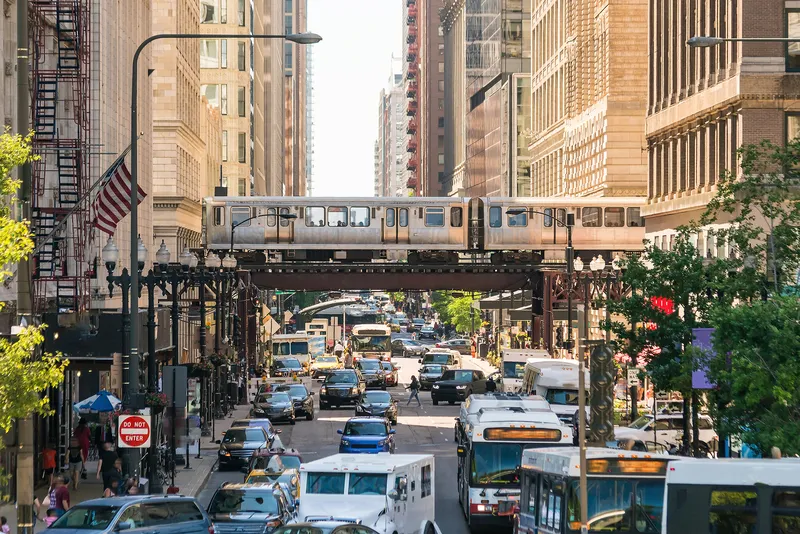Pictures of the distinctive yellow bikes in trees, on bus shelters and in the Yarra river circulated widely on social media.
A memorandum of understanding (MOU) between the city and the company says that oBike is responsible for ensuring that its bikes do not obstruct footpath access, are parked upright at all times, are not parked on traffic islands or against trees, buildings, light poles or street furniture and that “any dangerously-placed oBikes are relocated within two hours”.
The city has the power to confiscate and impound the bikes. On its Twitter feed, the City of Melbourne announced: “We're working closely with them to remove the remaining oBikes. We recommend people stop using @AustraliaObike & have asked the company to switch off their booking facility.”
But the city has suggested that new legislation is required, and says it has asked Victoria’s state government “to establish more fit-for-purpose overall regulatory arrangements as a matter of priority. While this MOU is a step in the right direction, the development of dockless bike sharing requires specific regulatory responses that are not currently available to local governments”.
The Melbourne Bike Share service, which requires bikes to be picked up and returned to designated docking stations, continues to be available.
Melbourne and bike-share firm oBike part ways
Singapore-based bicycle-share firm oBike has “temporarily withdrawn” from Melbourne, according to city authorities. Unlike many other bike-share schemes worldwide, oBike has no docking stations – and this has meant that oBikes have been abandoned around the city by users.
Pictures of the distinctive yellow bikes in trees, on bus shelters and in the Yarra river circulated widely on social media.
A memorandum of understanding (MOU) between the city and the company says that oBike is responsible for ensu
June 20, 2018
Read time: 2 mins
Singapore-based bicycle-share firm oBike has “temporarily withdrawn” from Melbourne, according to city authorities. Unlike many other bike-share schemes worldwide, oBike has no docking stations – and this has meant that oBikes have been abandoned around the city by users.









